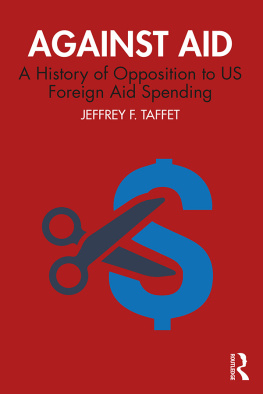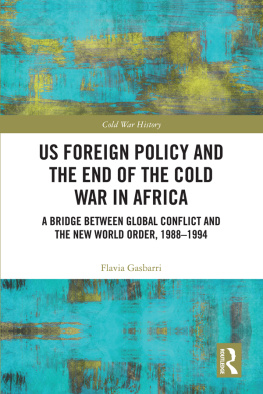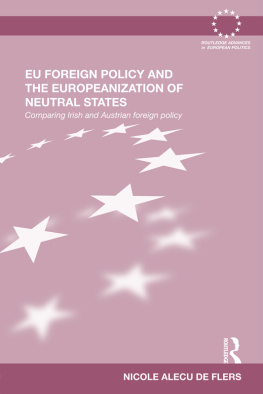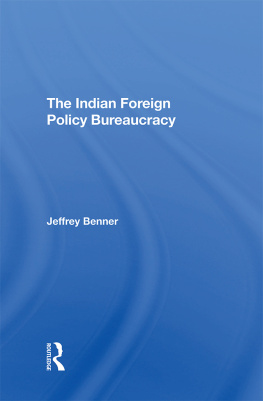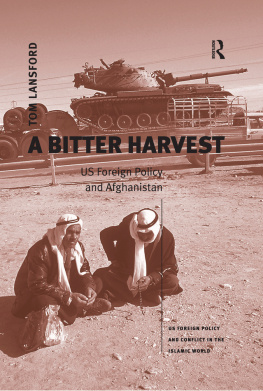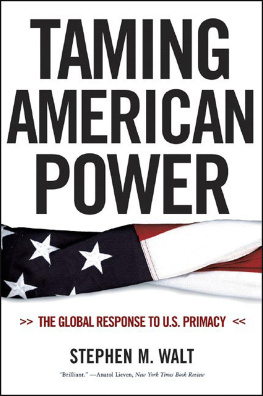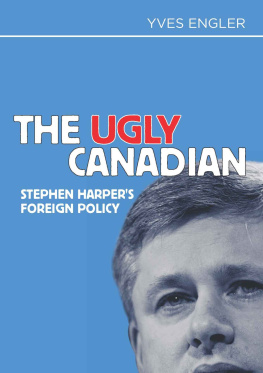Against Aid
Against Aid presents a complex and diverse history of opposition to US foreign aid spending, explaining why critics challenged aid and how they had a significant impact on US foreign policy.
Foreign aid was an integral part of US foreign policy during the Cold War. US leaders hoped aid spending could modernize other societies, create steadfast allies, and promote global stability, but there was always considerable opposition. Jeffrey F. Taffet skillfully examines aids opponents and shows how they questioned the assumptions that the United States needed to be globally engaged. He argues that aids opponents forced changes in US aid programs that dramatically reduced overall spending and limited support for dictatorships. Taffet also makes a larger argument, that in fighting aid, opponents were challenging essential views about the nation and its global role that transcended debates about how much to spend. They were arguing about the appropriate use of national power and the essence of the nations purpose.
This book is essential reading for courses in American politics, international studies, and history of American foreign policy. Students will benefit from the broad, chronological scope and accessible narrative of the text.
Jeffrey F. Taffet is Professor of History at the United States Merchant Marine Academy. He is the author of Foreign Aid as Foreign Policy: The Alliance for Progress in Latin America (Routledge 2007) and The United States and Latin America: A History with Documents (Routledge 2017, with Dustin Walcher).
Taffets accessible and engaging study convincingly demonstrates that many Americans rejected the notion that US foreign aid during the Cold War could strengthen other societies or benefit the United States. Illuminating fierce legislative battles that frequently cut across party lines, Against Aid shows how opponents of foreign aid questioned the assumptions of American Cold War leadership, laying the foundation for current debates about US global engagement.
William Michael Schmidli, Associate Professor of History, Leiden University, The Netherlands
Whether foreign aid achieves its stated goals is an open question among scholars and even among its proponents. Jeffrey Taffet shows that its skeptics rooted their doubts in a variety of soils, and their opposition to foreign aid reflected conflicting visions of the national mission in the latter half of the American Century. This is a valuable volume, and is essential reading for anyone seeking to understand the soft power of foreign aid in postwar American diplomacy.
Jason C. Parker, Professor of History, Texas A&M University, USA
What is the ultimate purpose of US foreign relations? To vigorously spread US-style freedoms and democracy around the globe, and shoulder the responsibility that comes with that choice? Or pursue narrowly construed, specific US interests, cautiously avoiding possible foreign entanglements? Although the debate goes back nearly two centuries, today the conflict over foreign aid is arguably the best way of understanding it. As such, the enduring relevance of Jeffrey Taffets excellently researched, well-written book is clear.
James F. Siekmeier, Associate Professor of History, West Virginia University, USA
First published 2022
by Routledge
2 Park Square, Milton Park, Abingdon, Oxon OX14 4RN
and by Routledge
605 Third Avenue, New York, NY 10158
Routledge is an imprint of the Taylor & Francis Group, an informa business
2022 Taylor & Francis
The right of Jeffrey F. Taffet to be identified as author of this work has been asserted by him in accordance with sections 77 and 78 of the Copyright, Designs and Patents Act 1988.
All rights reserved. No part of this book may be reprinted or reproduced or utilised in any form or by any electronic, mechanical, or other means, now known or hereafter invented, including photocopying and recording, or in any information storage or retrieval system, without permission in writing from the publishers.
Trademark notice: Product or corporate names may be trademarks or registered trademarks, and are used only for identification and explanation without intent to infringe.
Library of Congress Cataloging-in-Publication Data
Names: Taffet, Jeffrey F., author.
Title: Against aid : a history of opposition to U.S. foreign aid spending / Jeffrey F. Taffet.
Description: Abingdon, Oxon ; New York, NY : Routledge, 2021. |
Includes bibliographical references and index.
Identifiers: LCCN 2020057905 (print) | LCCN 2020057906 (ebook) |
ISBN 9781138345287 (paperback) | ISBN 9781138345270 (hardback) | ISBN 9780429437984 (ebook)
Subjects: LCSH: Economic assistance, American--History. | United States--Foreign economic relations.| United States--Foreign relations.
Classification: LCC HC60 .T238 2021 (print) | LCC HC60 (ebook) |
DDC 338.91/73--dc23
LC record available athttps://lccn.loc.gov/2020057905
LC ebook record available at https://lccn.loc.gov/2020057906
ISBN: 978-1-138-34527-0 (hbk)
ISBN: 978-1-138-34528-7 (pbk)
ISBN: 978-0-429-43798-4 (ebk)
Typeset in Integra Software Services Pvt. Ltd.
I would like to thank Kimberley Smith, Eve Meyer, Emily Irvine, Zoe Forbes, Gill Gairdner and Megan Hiatt at Routledge for supporting this text and helping move it forward toward publication. I received travel funding to visit numerous archives from my employer, the United States Merchant Marine Academy, and am thankful to our dean and provost, John Ballard, for his support in obtaining those funds. I would also like to thank my friends in the Humanities Department for their camaraderie and encouragement. As a faculty member at the United States Merchant Marine Academy, I am an employee of the US federal government, and need to state for the record that the views expressed in this work are not those of the United States government or any of its agencies. At the Bland Library, my institutional library, I would like to thank Donna Selvaggio, Jan Edmiston, and Jeremy Lauber for their help in obtaining sources and for access to electronic databases.
I did most of my writing in the Wertheim Study and the Allen Room at the New York Public Library, and I am thankful for all the assistance Melanie Locay and the other librarians and support staff have given me over the years. I received help from many archivists and their assistants across the United States as I did research. At the Franklin D. Roosevelt Library, Sarah Navins helped me locate sources; at the Truman Library, Randy Sowell offered guidance about using their materials; and at the Eisenhower Library, David Holbrook pointed me in the right direction. I did research at the National Archives, and am thankful to the archivists who offered useful suggestions. While there, I was fortunate to stay with my friends Mimi and Archer McCrudden and their parents Chuck and Amada in College Park, Maryland. Aya Beydoun helped me obtain materials from the Citizens Foreign Aid Committee Collections at Wayne State University. Jacque Roether, the expert on the Wallace Papers at the University of Iowa helped me during a short visit to Iowa City. In Monroe, Louisiana, Heather Pilcher was fantastically accommodating as I worked with the Otto Passman collection at the University of Louisiana at Monroe. Lydia Saad of Gallup offered sage advice about interpreting their historical polling data. I am thankful for the assistance I received as I worked with multiple collections at Columbia Universitys Rare Book and Manuscript Library, and the help Michael Koncewicz gave me at the Tamiment Library at New York University. I have been working out pieces of this text in conversations with too many historians to mention, and am thankful for the feedback and advice Ive received along the way. It is a better work as a result. I have used some of this material with my students as well, and am thankful for their responses. I especially want to thank Felipe Pereira Laureiro for asking me to teach a course at the University of So Paulo based on this text.

